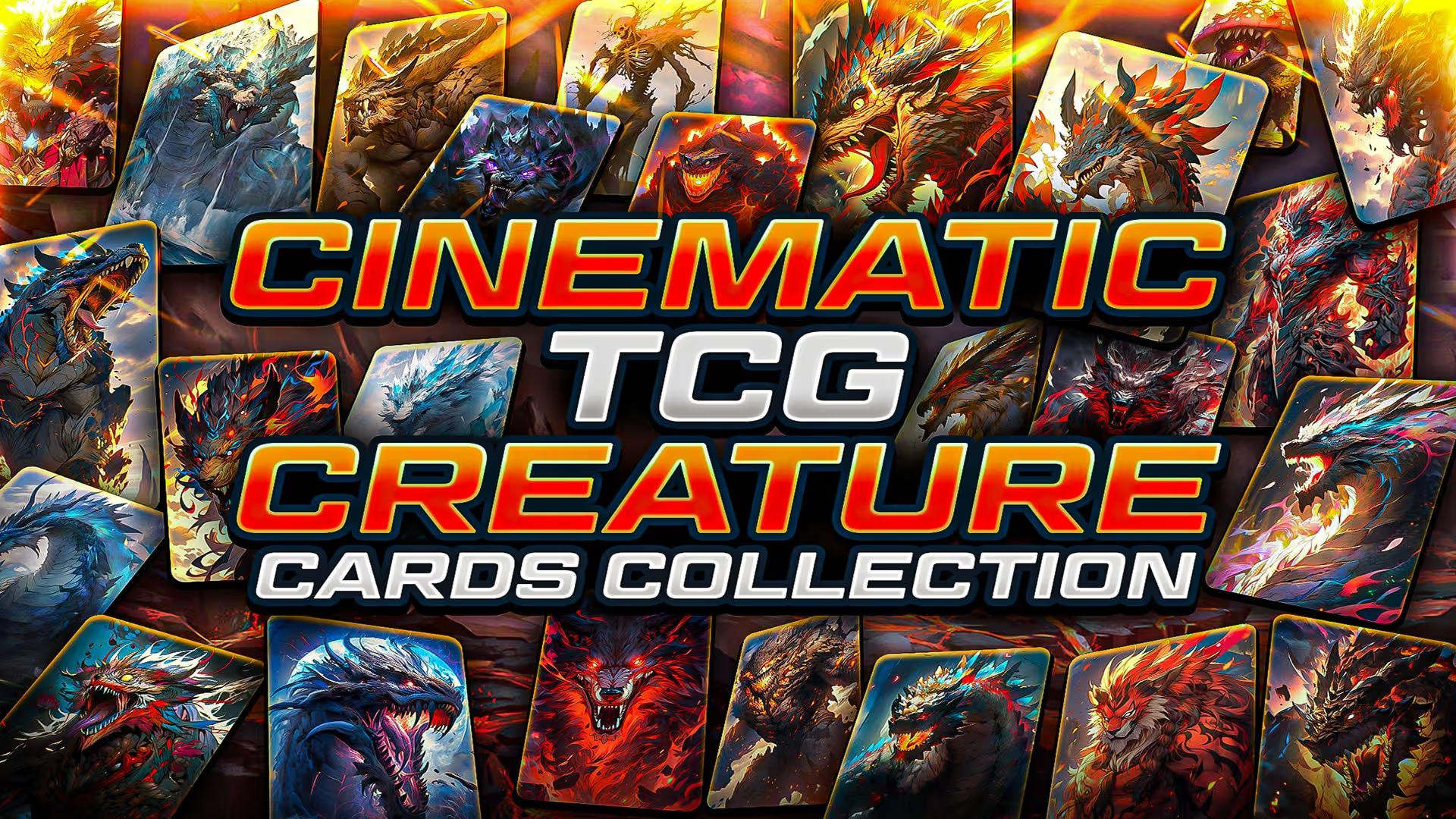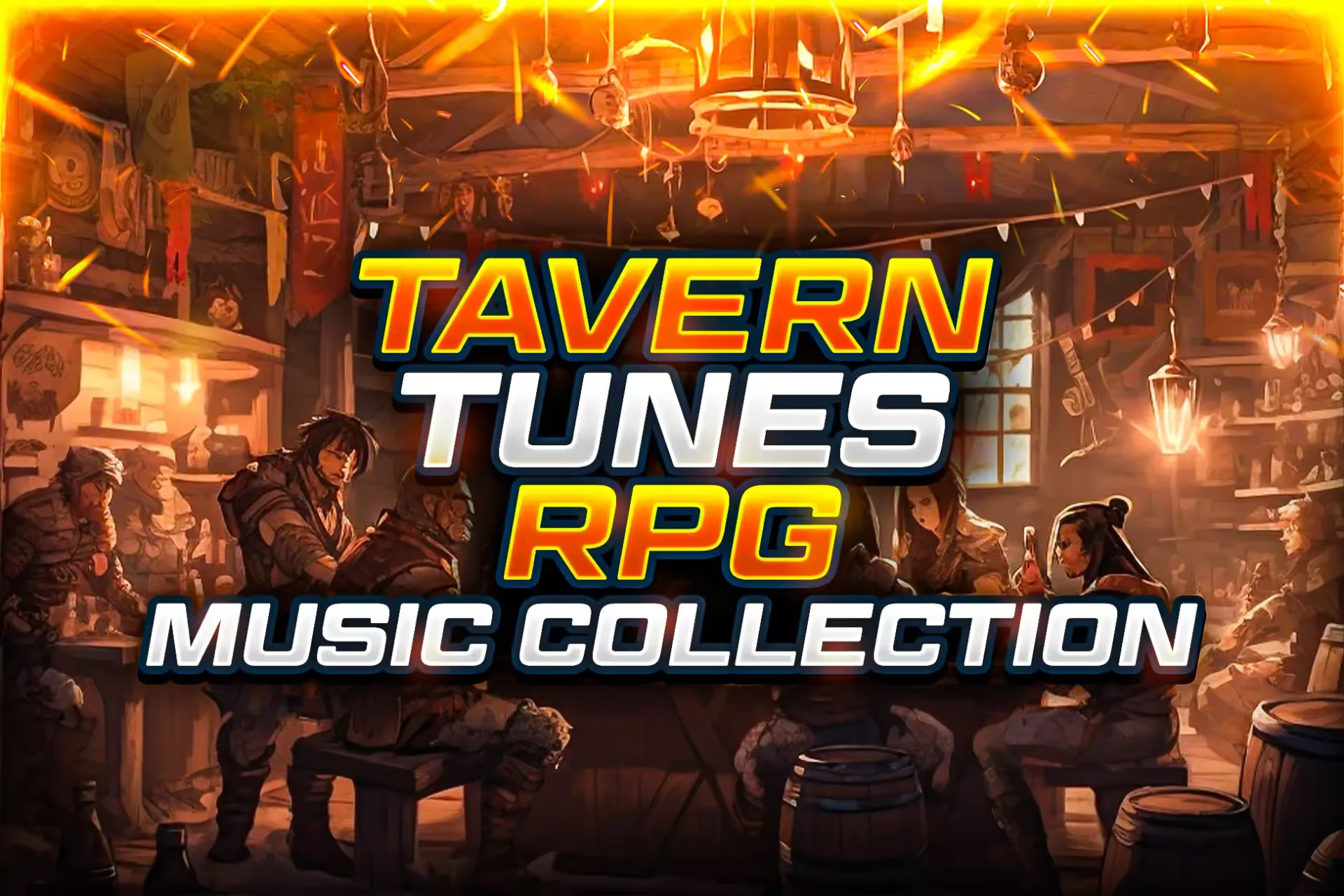What Job Opportunities Exist in the Gaming Industry?
The gaming industry is a constantly evolving and growing field with a wide range of career opportunities. With a market size of over $200 billion worldwide, you’ll be able to find a role that fits your skills and background, whether you’re passionate about production, programming, the arts, or working on the marketing and commercial aspects of the game. In this guide, we will break down the different career paths available in the gaming industry.
Production
Working in the production department means that you’re responsible for making sure that the project is well-organized, doesn’t exceed the budget, and is completed on time.
- Marketing & Branding: Promote games and gaming products through strategic marketing campaigns.
- Human Resources (HR): Manage talent acquisition, development, and workplace culture within gaming organizations.
- Commercial Operations: Oversee business aspects such as sales, partnerships, and revenue generation.
- Finance & Legal Affairs: Handle financial management, legal compliance, and intellectual property protection.
- Game Producer/Project Manager: Manage the development process, overseeing teams and ensuring projects are completed on time and within budget.
Design & Arts
The design department controls how the game will look and feel. You get to decide the character’s backstory, the overall game narrative, and how the game itself will play.
- Game Developer: the game developer’s main task is to create the visuals and write the code that will be used in the game’s system. Shape the player experience by crafting gameplay mechanics, systems, and narratives that captivate and engage audiences.
- Artists: Create stunning visuals, characters, environments, and effects that breathe life into gaming worlds.
- Animation: Bring characters and objects to life with fluid and captivating movements. Your job will be to add realism and a touch of emotions to the game.
- Audio Engineering: Craft immersive soundscapes and music that enhance gameplay and storytelling.
- Software Engineering: Design and develop reliable and efficient software solutions for gaming applications.
- Information Technology (IT): Support game development operations with secure and efficient IT infrastructure.
Quality Assurance
In a perfect ecosystem, there will still be errors and bugs, and ensuring that those issues get spotted is the task of the quality assurance department.
- Quality Assurance (QA): Ensure games meet quality standards through rigorous testing and bug reporting.
- Game Tester: reporting. Getting paid to play games, how fun! Despite popular beliefs, the role of a game tester is more layered than it sounds. You’ll test specific features and write a comprehensive report on how the team can improve the game.
The world of gaming is full of opportunities that are just waiting to be seized. Whatever your passion or skill may be, there is a place for you in this exciting industry. Taking a look into this article is the first step in getting to a fulfilling career in an industry that you love, for more detailed inspirations, we recommend you check out this page by Screenskills.
Good luck!










.avif)



.avif)










.avif)

